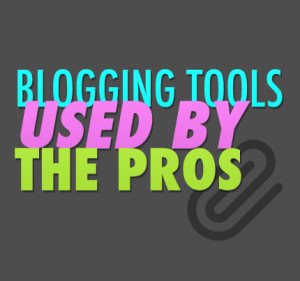Jamie Dimon, CEO of JPMorgan Chase, famously ripped into remote work earlier this year, claiming it adds to procrastination. Owl Labs, which creates 360 video conferencing, surveyed 2,300 employees on the state of remote work to find out what’s really up. Despite Dimon’s office-centric stance, the survey found that procrastination is not the biggest issue that employers should be concerned about when it comes to WFH or hybrid employees. Rather, it’s lack of trust. Here are the survey’s key findings:
![]()
The survey of full-time U.S. workers was done in collaboration with Global Workplace Analytics in July 2022. You can see the full results here.
(26)
Report Post

